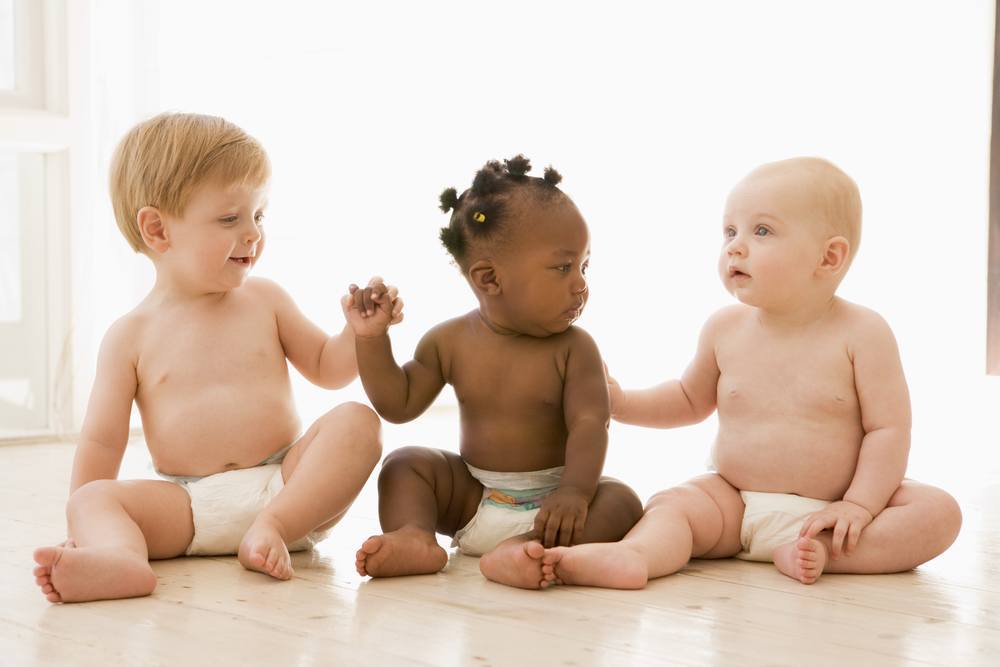Donor Programmes

Egg, Sperm or Embryo Donation
Many people cannot use their own eggs or sperms to produce a child, or they just don’t have a partner who can provide the missing gamete (egg or sperm). Modern medical practices allow a solution for this problem through donation from another person of their eggs or sperm or even embryos. Of course people have always found ways of doing this themselves but there are certain advantages of receiving gametes through a fertility clinic.
Advantages of a Fertility Clinic
Firstly, the donors are screened to minimise the chances of them passing on a virus or genetic defect. It is impossible to guarantee perfection but donors have a consultation and a family history taken and are tested for the more common viruses and genetic conditions.
Secondly, the law does not allow the donor any access rights to the child, nor does he/she have any financial obligations. In Britain the donors are also non-anonymous, which means that they are not identified to the recipient but the child has the right to find out the identity of the donor when he/she turns 18. The central health authorities keep a register of donors to allow this and also to allow contact if there is any medical need. A varation on this applies, of course, in cases of known donors – where the recipient finds their own donor who may be a family member or friend.
Thirdly, there are rules about how many families are permitted to be formed from any particular donor. This is mainly to reduce the possibility of consanguinity.
The techniques behind gamete donation are well established. The first child born through egg donation was born in 1983 and sperm donation rose to prominence in the 1980’s but the first medically-reported case actually dates all the way back to 1790.
Genetic Parents
People should be aware, when thinking of producing a child through gamete donation, that one of the people who raise the child will not be its genetic parent. Modern society does generally consider the person who raises the child to be the “real” parent although there is no genetic inheritance, and in the case of women there is also some evidence that carrying the child through a pregnancy actually can affect its gene expression, if not the genes themselves. Another important consideration is whether or not to tell the child that a donor was involved. Whilst every case is unique, the general consensus is that the child should be informed when it is quite young because it can deal with this much more acceptingly than if it finds out itself at a later stage and feels betrayal that it has been misled.
